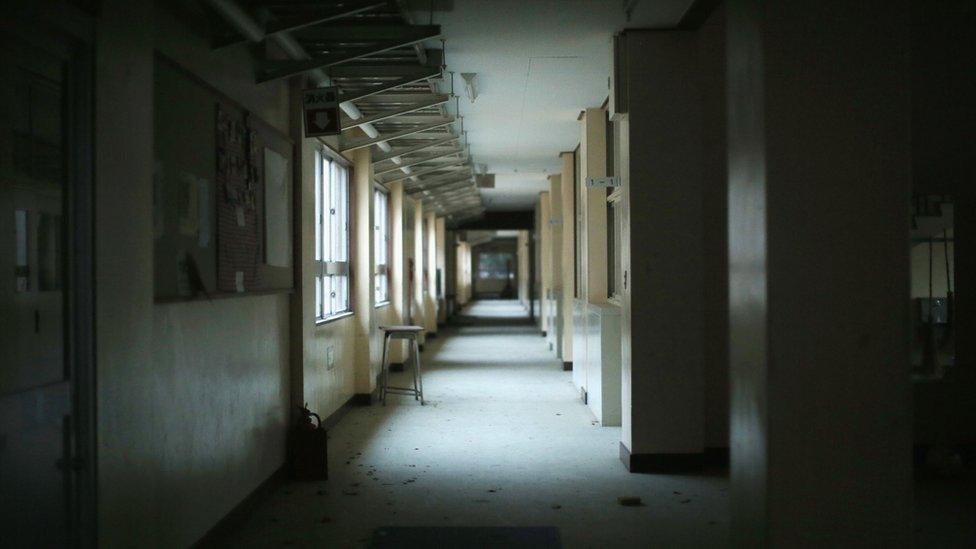All Belgians to be given iodine pills for nuclear safety
- Published
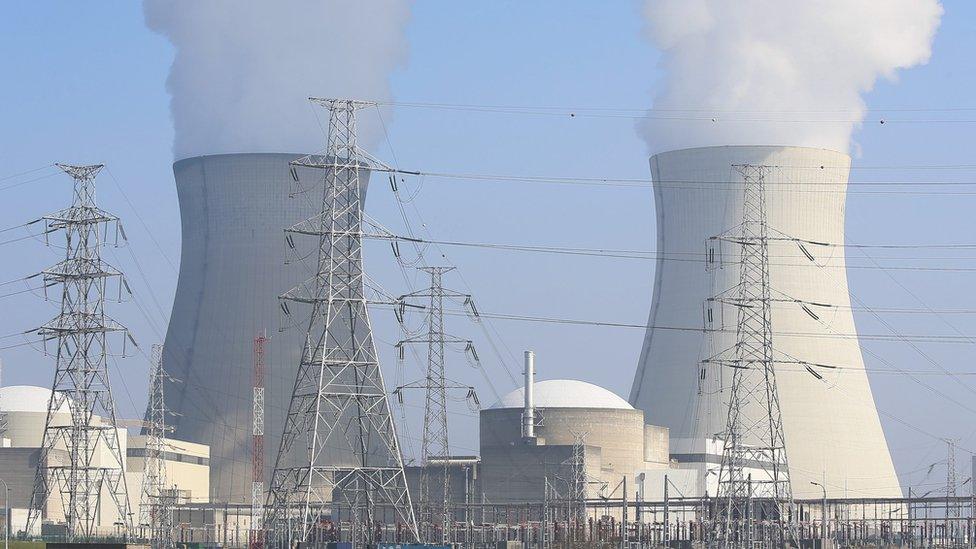
Belgium aims to extend the life of its ageing reactors until 2025 despite safety concerns
The Belgian government has agreed to distribute iodine pills to the country's entire population as a nuclear safety precaution.
Health Minister Maggie De Block said current rules requiring pills to be given within 20km (12 miles) of a reactor should be increased to 100km.
Belgium's neighbours have criticised the state of its nuclear reactors.
However, the minister said the change was as a result of the March 2011 Fukushima nuclear disaster in Japan.
An earthquake led to a tsunami and all three reactor cores largely melted down.
"Every country has updated its plans for a nuclear emergency," Ms De Block told Belgian TV.

Analysis by James Gallagher, health editor, BBC news website
Iodine tablets help to reduce the damage radiation does to the body after a nuclear accident.
People living near the Fukushima nuclear plant were handed the pills after a tsunami caused a radiation leak in 2011.
Radioactive iodine gathers in the thyroid gland and there it releases its energy and damages the tissue.
Ultimately this can culminate in cancer.
Taking the tablets fills the thyroid with stable iodine so there's no room for the radioactive material.
Of course they offer no protection against other radioactive elements such as caesium-137.

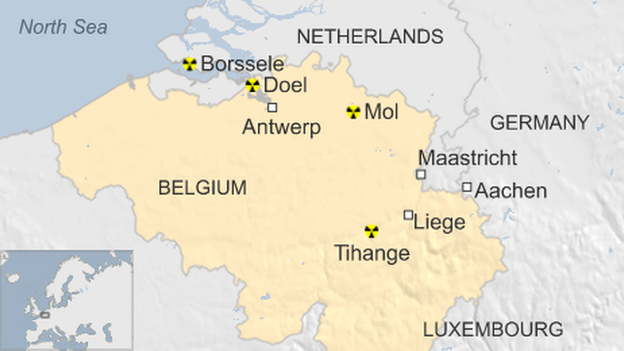
Belgium has seven reactors, at Doel and Tihange, and a research reactor at Mol. But the advice also takes into account reactors in neighbouring countries including the Netherlands, which has a reactor at Borssele close to the Belgian border.
Ms De Block said pills would be given to the whole population because if a 100km circle was drawn from all the reactors in the region there was not one square centimetre of Belgium that was not covered.
The Dutch government updated its policy on iodine tablets last month, so that pregnant women and under-eighteens are given the pills within 100km of the Borssele and Doel reactors.
Earlier this month Belgium refused a German request to shut down two of its oldest reactors temporarily because of defects found in their pressure vessels.
Environment Minister Barbara Hendricks called for the Doel 3 and Tihange 2 reactors to be taken offline because of a report by Germany's independent Reactor Safety Commission.
They were temporarily shut in 2012 when defects were found in the walls of the reactors' pressure vessels, external.
Belgian Green MP Jean-Marc Nollet welcomed the proposals for the whole population to be given the pills, but said it was not enough.
The risk would not disappear if Belgians were given pills, he said. The health, environmental and economic consequences of a nuclear accident would remain.
The change is expected to be finalised in June and pills will be handed out next year.
- Published20 April 2016
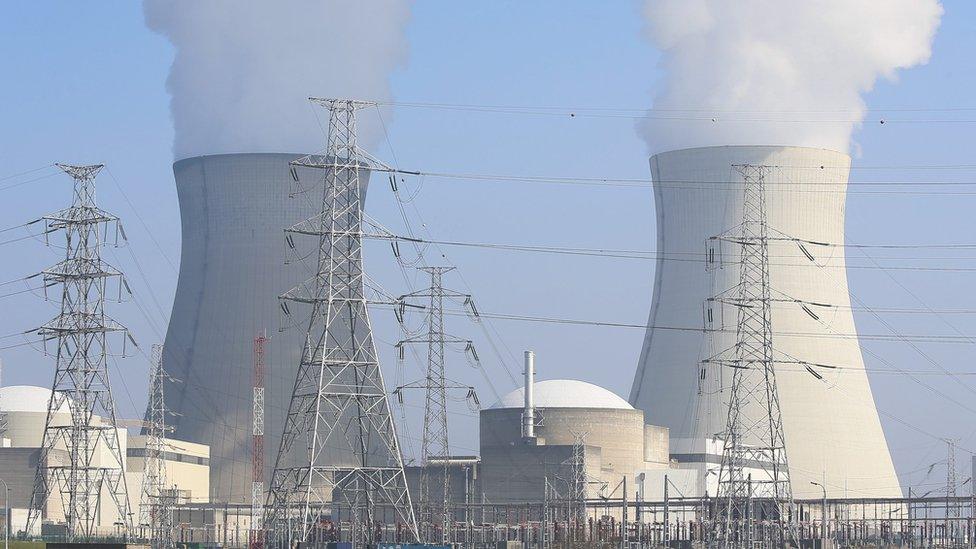
- Published2 February 2016
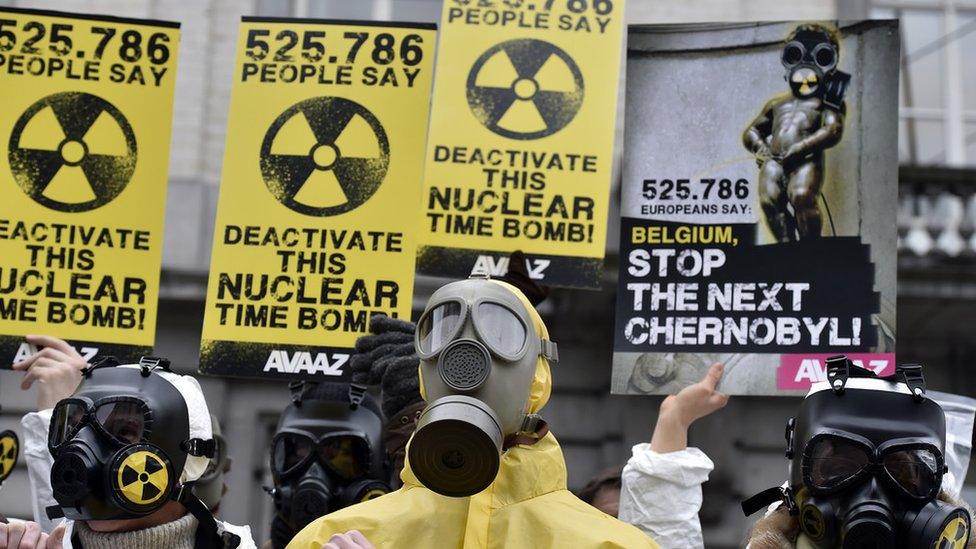
- Published10 March 2016
